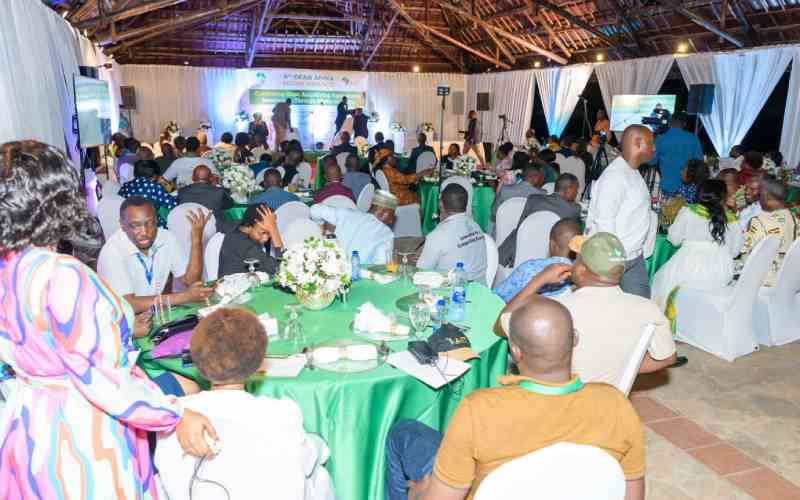×
The Standard e-Paper
Home To Bold Columnists

Science journalists in Africa have been urged to write more about biotechnology to sharpen their reporting skills and inform the public more on the topic.
Speaking during a science communication capacity strengthening workshop for recipients of the 2023 Open Forum on Agricultural Biotechnology(OFAB) Media Awards Africa in Dar es Salaam on November 29, scientists noted that not many science journalists have taken a keen interest in biotechnology, despite it being a critical area of science.